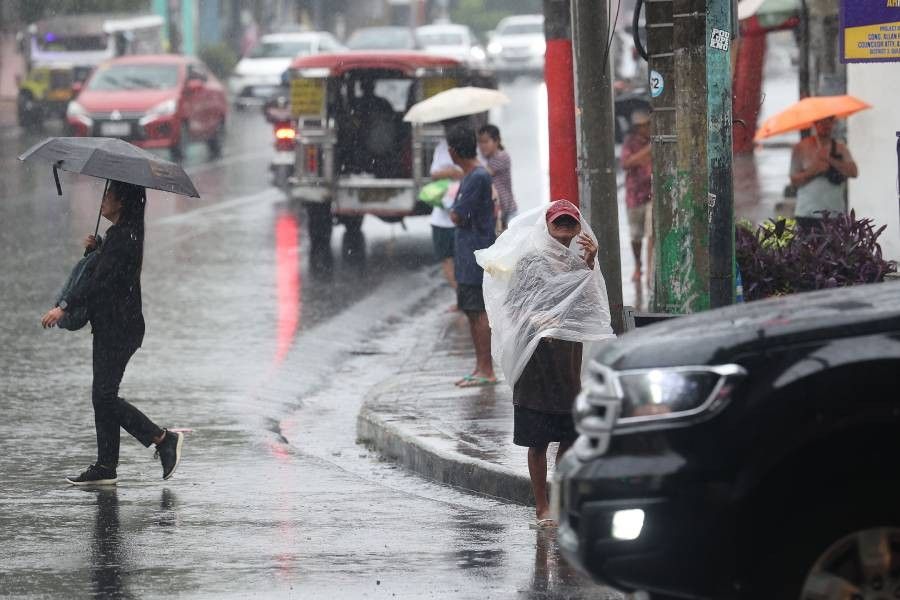
Upgrade to High-Speed Internet for only ₱1499/month!
Enjoy up to 100 Mbps fiber broadband, perfect for browsing, streaming, and gaming.
Visit Suniway.ph to learn
Jean Mangaluz - Philstar.com
June 5, 2025 | 4:42pm
This photo shows a crowd of students.
The STAR / Miguel de Guzman / File
MANILA, Philippines — Senate President Pro Tempore Jinggoy Estrada has filed a measure seeking to remove senior high school, citing its failure to achieve its intended goals.
Estrada’s Senate Bill 3001, known as the Rationalized Basic Education Act, does not repeal Republic Act 10533 or the Enhanced Basic Education Act of 2013 in its entirety. Specifically, however, it aims to eliminate the additional two years of senior high school.
“Ever since this education reform was put in place, it has been met with criticisms and objections from various groups. It has been 12 years now since the enactment of the law, yet it still has not fully achieved its goal,” Estrada said in a statement.
Estrada argued that the program costs students and parents both time and money without delivering on its promises.
Under his bill, the new structure would consist of one year of kindergarten, six years of elementary education, and four years of secondary school.
“This bill is a practical step to fix our basic education system—make it more efficient, use resources better, and give students a more meaningful learning experience,” Estrada said.
SB 3001 also proposes replacing the word “enhanced” in the current law with “rationalized.”
What went before. Estrada, however, was among the senators who voted in favor of the original K-12 measure in 2012.
The lawmaker who sponsored the K-12 bill was former senator Sonny Angara, who now serves as the Education Secretary.
Estrada explained that the senior high school program was intended to align the Philippine education system with international standards, enabling graduates to secure jobs without a college degree.
But the program has been implemented with mounting challenges, leaving many graduates struggling to find employment.
The measure comes as part of ongoing efforts to improve the K-12 program.
The Department of Education, led by Angara, has acknowledged issues with the program and is working to upgrade the curriculum. The reworked curriculum no longer has designated tracks, with students only selecting which electives could interest them.

 1 day ago
7
1 day ago
7



